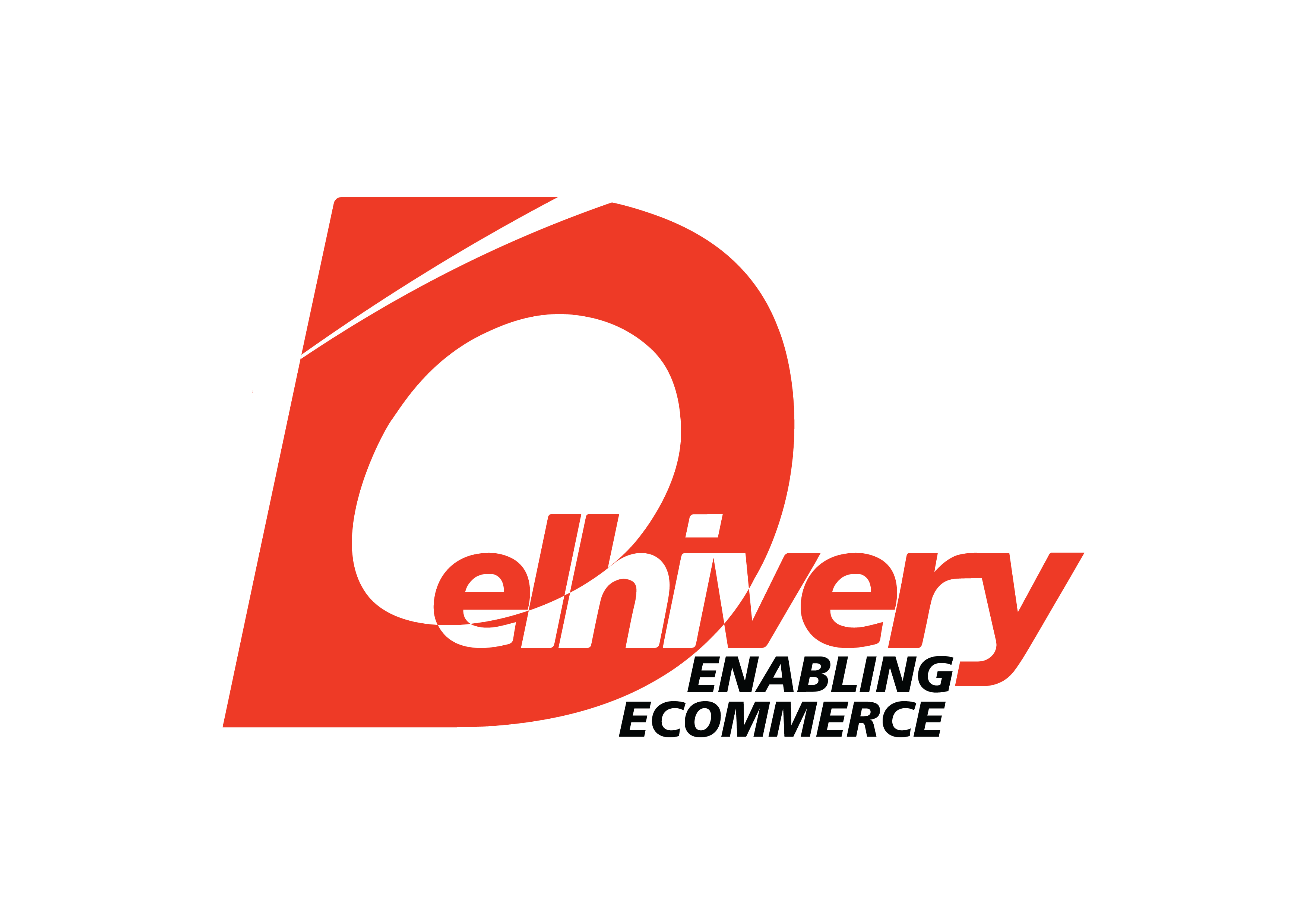Delhivery Expanding Horizons: Ventures into On-Demand Logistics Space

Delhivery Expanding Horizons: Ventures into On-Demand Logistics Space
Delhivery, a prominent logistics supply chain player, is currently exploring the possibility of entering the hyperlocal delivery sector, also known as on-demand logistics. According to insiders familiar with the matter, the Gurugram-based company is engaged in internal discussions to evaluate the potential for expansion into this space.
With the rising demand for quick and efficient delivery services, Delhivery aims to leverage its expertise and infrastructure to provide hyperlocal delivery solutions. By venturing into on-demand logistics, the company aims to cater to the growing needs of customers who require swift and convenient delivery services for local and immediate requirements.

Delhivery is contemplating an entry into the hyperlocal delivery sector due to the significant growth witnessed in the market over the past few years, driven by the increasing popularity of on-demand services. A confidential source revealed that the company is currently conducting a pilot program with a couple of Swiggy Instamart stores, where it is responsible for packaging and delivery services.
The move to explore hyperlocal delivery aligns with Delhivery’s strategic vision of expanding its service offerings to meet evolving customer demands. By leveraging its existing infrastructure and operational capabilities, Delhivery aims to tap into the burgeoning market of on-demand logistics, catering to the growing needs of customers who require quick and efficient delivery services for their immediate and local requirements.
Delhivery’s interest in the hyperlocal delivery sector is not entirely new. In 2015, the company ventured into the space by leading a $7 million Series A funding round in Opinio, a hyperlocal delivery startup. However, this endeavor was short-lived as Opinio ceased its operations in October 2016.

The second source, speaking on the condition of anonymity, highlighted that companies like BlinkIt, Swiggy Instamart, and Zepto collectively process over 1.2 million transactions per day, emphasizing the tremendous potential and demand in the sector. Delhivery aims to capitalize on this growth by exploring new opportunities and refining its strategy to establish a strong presence in the hyperlocal delivery space.
Delhivery’s potential entry into the hyperlocal delivery space aligns with the company’s goal to leverage its extensive logistics network and partner with companies in the food and quick delivery segments. The increasing adoption of the Open Network for Digital Commerce (ONDC) framework also plays a role in motivating Delhivery’s interest in this sector.
The ONDC initiative aims to create a unified digital commerce ecosystem, providing opportunities for collaboration and integration among various players in the industry. By exploring the hyperlocal delivery segment, Delhivery can tap into the growing demand for on-demand services and establish strategic partnerships to enhance its service offerings and expand its market presence.
Efforts to obtain a response from Delhivery and Swiggy regarding their potential entry into the hyperlocal delivery space have not yielded any results as of now. The story will be updated if they respond.

If Delhivery decides to venture into on-demand logistics, it will face competition from players like Shadowfax (backed by Flipkart), Rapido, and other similar companies. Rapido, in particular, received a $180 million investment from Swiggy and also handles fulfillment services for the food delivery platform. Shadowfax, on the other hand, collaborates with both Swiggy and Zomato, as well as quick commerce firms.
Delhivery’s financial results for FY23, as well as the last quarter, suggest the need for new business lines to drive growth. While its operating scale experienced a modest 5% growth during FY23, the last quarter saw a minimal 1.9% growth quarter-on-quarter. These factors may contribute to the company’s exploration of new avenues for expansion and diversification.
Delhivery’s potential entry into the on-demand logistics space highlights its pursuit of alternative avenues for growth. However, it is worth noting that the on-demand logistics market has proven to be challenging, as seen from the experiences of companies like Dunzo, backed by Google and Reliance.
Profitability has been elusive in this market, despite the surge in transaction volumes. The difficulties faced by various firms in achieving sustainable profits emphasize that simply having access to funds is not enough to guarantee success.

For Delhivery, the decision to explore on-demand logistics may have been driven by the increasing competition in its core business. With numerous players vying for market share, waiting for consolidation or a collaborative approach among competitors, known as “coop-etition,” could be a strategic move to navigate the volatile market conditions.
Ultimately, Delhivery’s foray into on-demand logistics will require careful evaluation of market dynamics and a well-thought-out strategy to overcome the challenges and find a profitable position in the industry.



